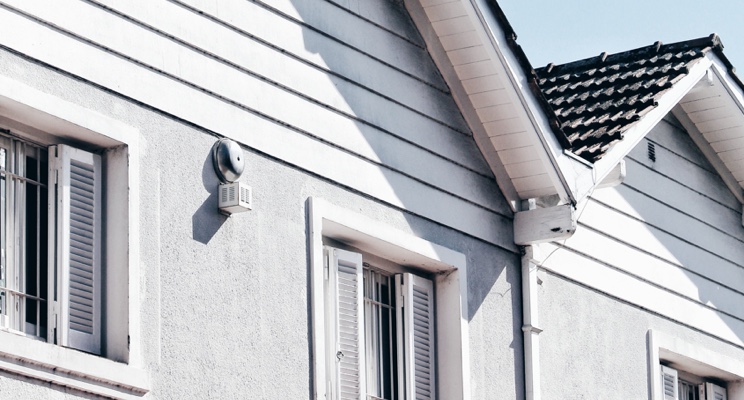A hurricane can do more than damage your home—it can upend your life. The cost of repairs can be astronomical, and even if you have insurance, the insurance company may not be willing to pay. We’ll help you fight back.
Hurricane Damage
Hurricane Insurance Claims
Generally speaking, there is no such thing as “hurricane insurance” or “tropical storm insurance,” but your homeowners policy should cover you in the event of wind damage, such as the kind you might suffer in a hurricane or tornado (as well as straight-line winds).
You can also purchase a separate policy for flood damage, which is advisable if you live in an area that frequently gets hit by hurricanes and tropical storms.

What to Do Before a Hurricane
- Know your policy. There are so many nuances and details that determine what is and what is not covered under a given insurance policy. Long before a hurricane hits, you should know if and how you are protected. Read, reread, and analyze your coverage, and if you have any questions, do not hesitate to contact your insurance company to ask them. You do not want any surprises after a catastrophe.
- Make sure you have food, medicine, supplies, and a plan. It may not make a difference in terms of your insurance, but if a hurricane or another disaster is on the way, it is always better to err on the side of caution. Stock non-perishable food; at least a week’s supply of any medicine you take; and supplies like flashlights, batteries, phone chargers, water bottles, and first aid materials. You should also have a survival kit and a plan in case you have to flee your home.
- Bring furniture and other valuables inside. You may also want to move your furniture and possessions to higher floors if you expect your home to flood.
- Take “before” photos of your property. It may sound strange to suggest photographing your home before a disaster hits, but this can be vital in showing which damage occurred during the storm. By sending before-and-after photos to your insurance company, you erase any doubt as to not only what happened, but when.
What to Do After a Hurricane
1. Make sure you and your family are safe. Follow guidance from local authorities and contact loved ones to let them know you are okay.
2. Take “after” photos of your property. As noted in the previous section, these photos serve as proof of the damage that occurred during the disaster. Be sure to get a range of clear shots from different angles, and take close-ups when necessary.
3. Keep a written record of all damage and related expenses. This will be invaluable when it is time to file your claim, so you know exactly how much damage you have sustained.
4. Make short-term repairs to prevent further damage. For example, if you have a hole in your roof, cover it with a tarp so more water damage does not occur. If you have a broken window, board it up. If you fail to make these quick fixes, the insurance company may try to blame you for the damage, arguing that you were negligent
5. Contact your insurance company to tell them what happened. After speaking with family and friends, the insurance company should probably be your next call. They may be able to tell you which damage you are covered for, what the next steps are, and the deadline for filing your claim.
6. File your hurricane insurance claim as soon as possible. Many insurance companies require homeowners to file claims “within a reasonable period of time,” which can be as few as 30 days or as long as one year, depending on your insurance company and where you live. For this reason, it is advisable to file your claim with all possible haste.
How to Get More Money On Your Home Insurance Claim
It can be frustrating, even frightening, to learn that an insurance claim has been denied or undervalued, but this does not mean all hope is lost. Contact RaiseMyClaim to see if we can help you. There are many actions we may be able to take on your behalf, including appealing the decision, consulting with experts, negotiating with the insurance company, and filing a lawsuit seeking compensation.
An initial denial is just that: initial. To find out if you may be eligible for more compensation than the insurance company is offering, contact us for a free, no-obligation consultation. It costs nothing up front to hire us, and we get paid only if you win.


